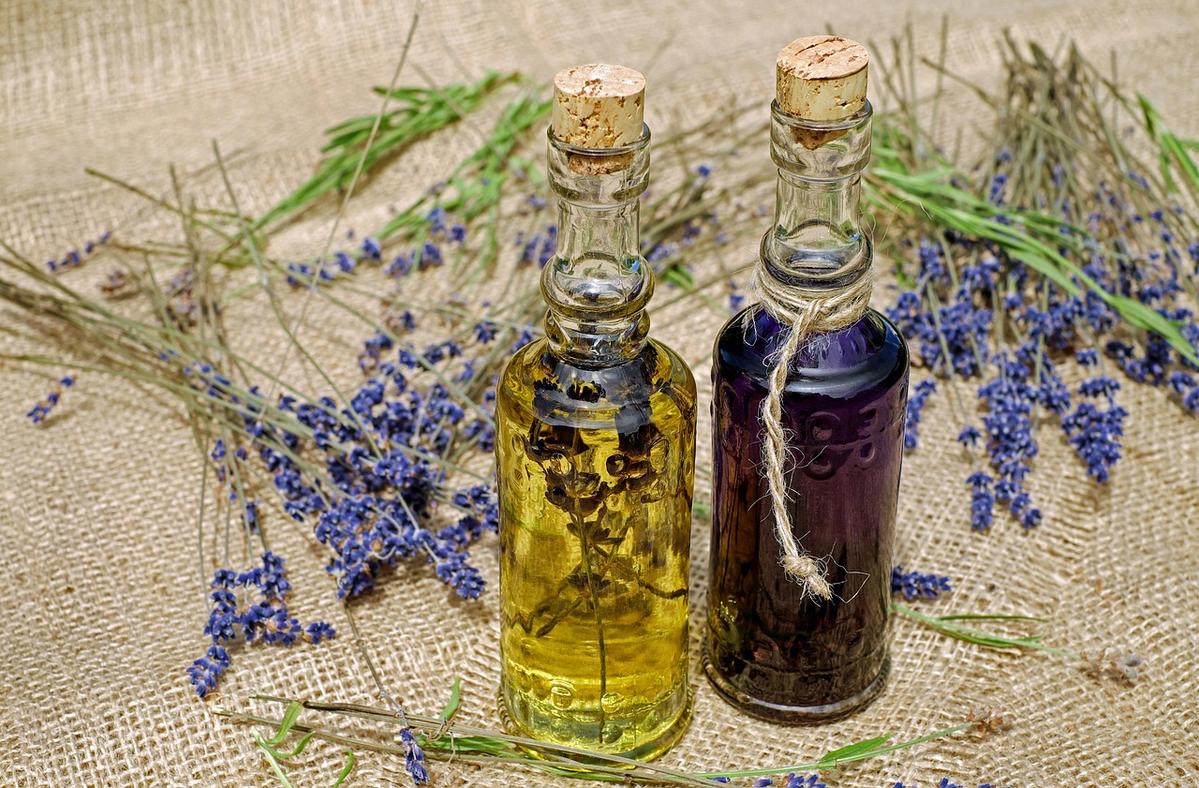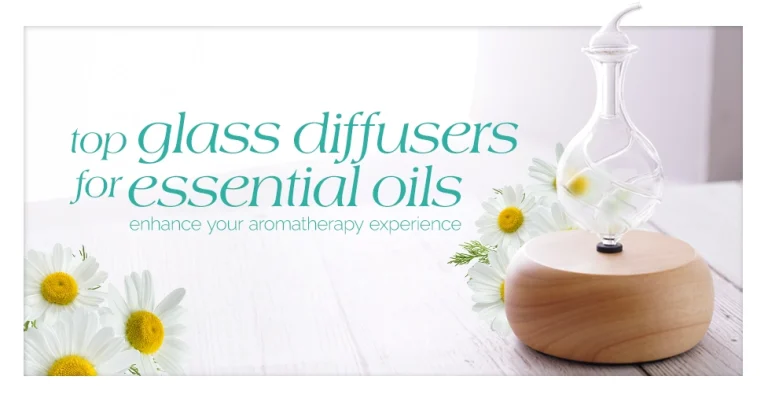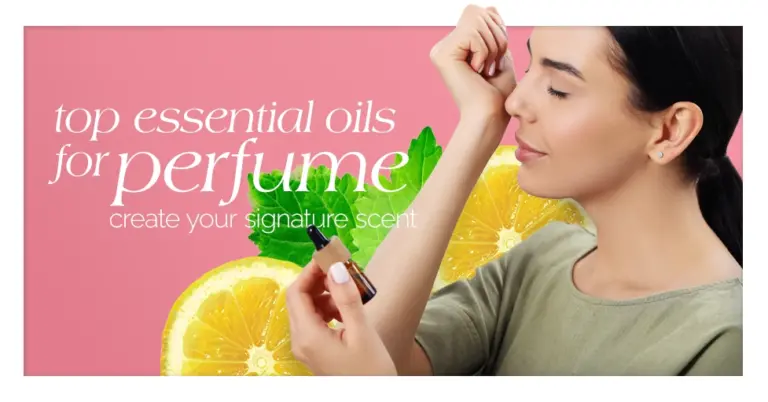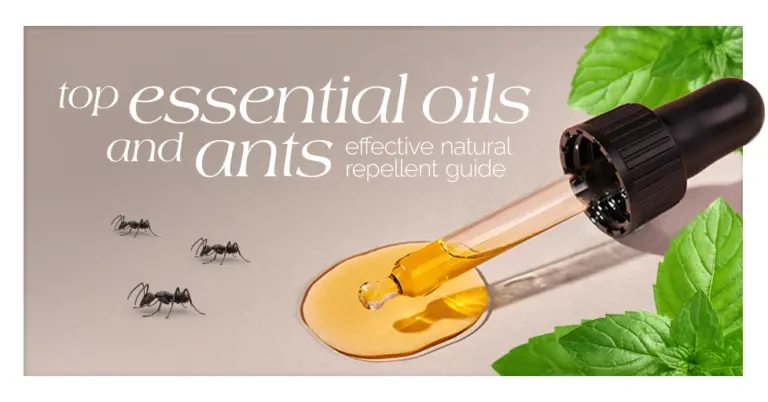Why Lilac Oil Isn’t Pure Lilac: Edens Garden Explains the Blend
Edens Garden has stepped forward to clear up questions about its In Bloom line of floral essential oil blends, which includes Lilac, Lily and Gardenia. Customers have wondered why these scents don’t match a fresh flower exactly and why there is no single-note Lilac essential oil on store shelves. The company’s response combines botanical science, community feedback and a commitment to purity.
At the heart of the discussion is Lilac (Syringa vulgaris), a blossom that carries strong personal memories for many. Moments beside a grandparent’s lilac hedge or a gardenia corsage from prom night can create powerful scent associations. When an aroma blend falls short of those recollections, consumers often ask, “Why doesn’t this smell exactly like the flower?” or “Isn’t Lilac supposed to be a single essential oil?”
The simple answer is that Lilac cannot be steam-distilled or cold-pressed in a way that yields a natural essential oil. Any product labeled “Lilac essential oil” in the market today is either a synthetic fragrance oil or a blend designed to mimic the bloom’s fragrance by combining other botanical extracts.
Edens Garden has rejected synthetic ingredients. Its Lilac, Lily and Gardenia offerings are crafted from 100% pure essential oils and extracts, with no artificial fragrances, fillers or chemical additives. To achieve the closest possible match to each flower’s signature aroma, the company’s R&D team partnered with a certified aromatherapist and an essential oil chemist. Four core steps guided their work:
• Chemical Profile Analysis
Researchers mapped out the key volatile compounds present in real flowers and identified matching molecules in other botanicals.
• Aroma Memory Testing
A diverse panel of volunteers evaluated scent samples to gauge which blends evoked the strongest association with Lilac, Lily or Gardenia.
• Literature Review
Decades of published essential oil research were consulted to locate plant sources sharing similar aromatic constituents.
• Note Structuring
Expert perfumers organized top, middle and base notes so the fragrances would unfold much like petals opening in spring.
Each element of this process contributed to a blend that, while not an exact replica, represents the most authentic 100% pure essential oil alternative to a fresh-cut flower.
“Gardenia is SO GOOD. I want to wear it every day and gift it to everyone. I’m in love.” – S.F.
That feedback reflects a common theme in reviews: customers praise the blends’ purity and realistic appeal. Personal scent perception will always vary, yet many report that the Gardenia, Lily and Lilac formulas bring back cherished memories or simply delight their senses.
Transparency plays a central role in Edens Garden’s approach. Labels clearly state “essential oil blend” rather than implying a single-note distillation. Every batch undergoes GC/MS testing, with individual reports accessible for each bottle.
The brand maintains a strict no-synthetic policy. No carrier oils, no fragrance chemicals, no undisclosed additives. This contrasts with some competitors whose marketing can blur the line between truly natural extracts and laboratory creations.
Aroma influences mood, triggers memories and can even impact well-being. That understanding drives the company’s mission: to offer safe, natural alternatives that honor botanical integrity. By choosing these blends, users select:
• Oils free from synthetic perfume or artificial chemicals
• Botanical formulas backed by scientific study
• A provider dedicated to open labeling and quality assurance
Questions about why a pure Lily essential oil isn’t available receive a similar response. Lilium species yield too little usable oil for a viable steam-distilled extract. The Lily blend instead combines oils whose chemical makeup mirrors the flower’s distinctive scent profile.
Edens Garden’s In Bloom collection doesn’t claim perfection in replicating nature. Instead, it offers a carefully researched homage to these flowers—capturing their spirit through uncompromised, plant-derived ingredients.







